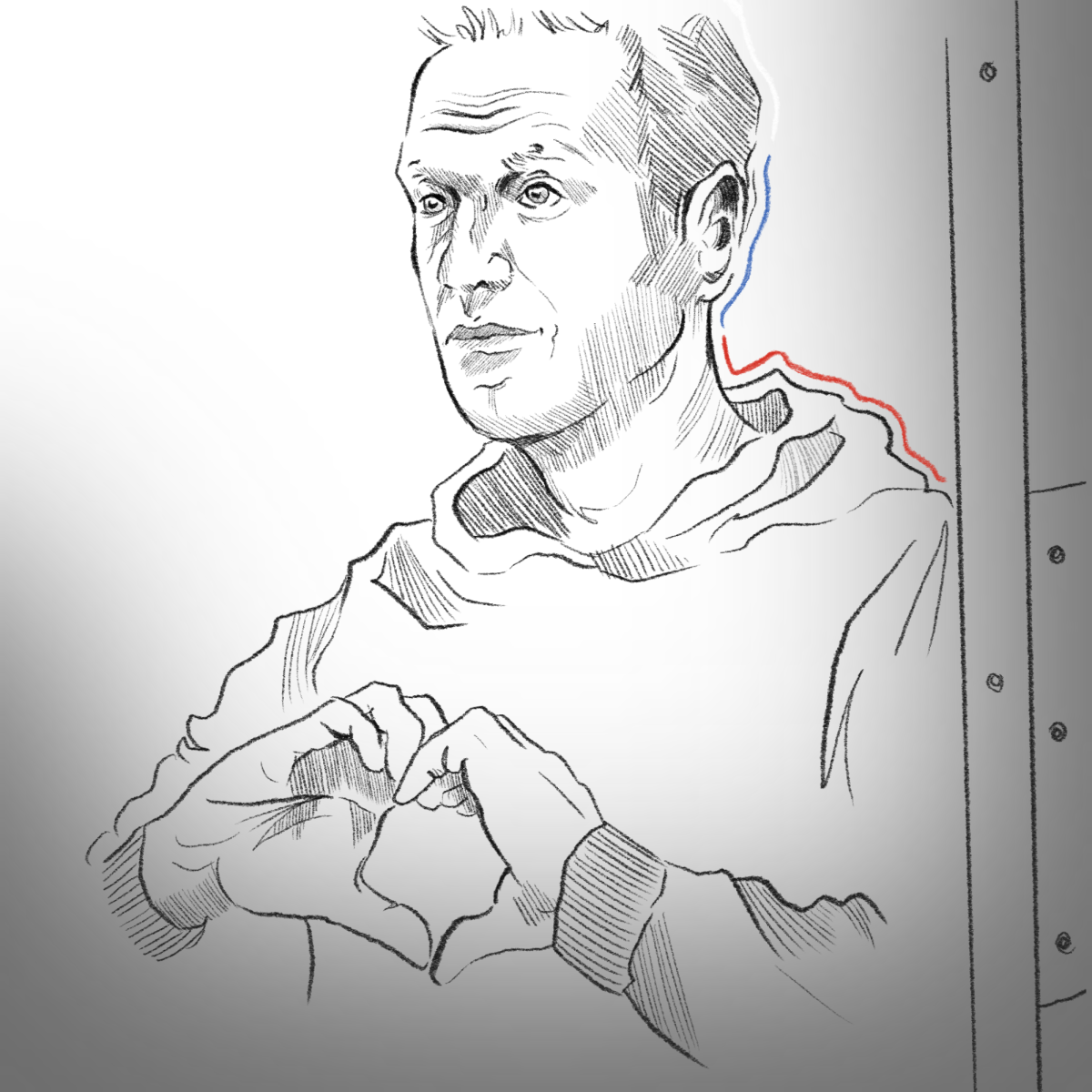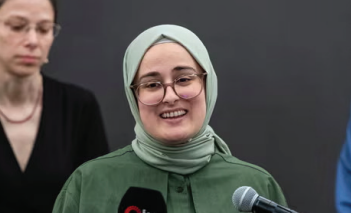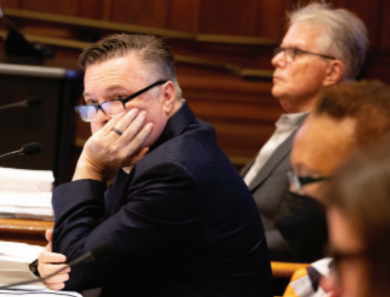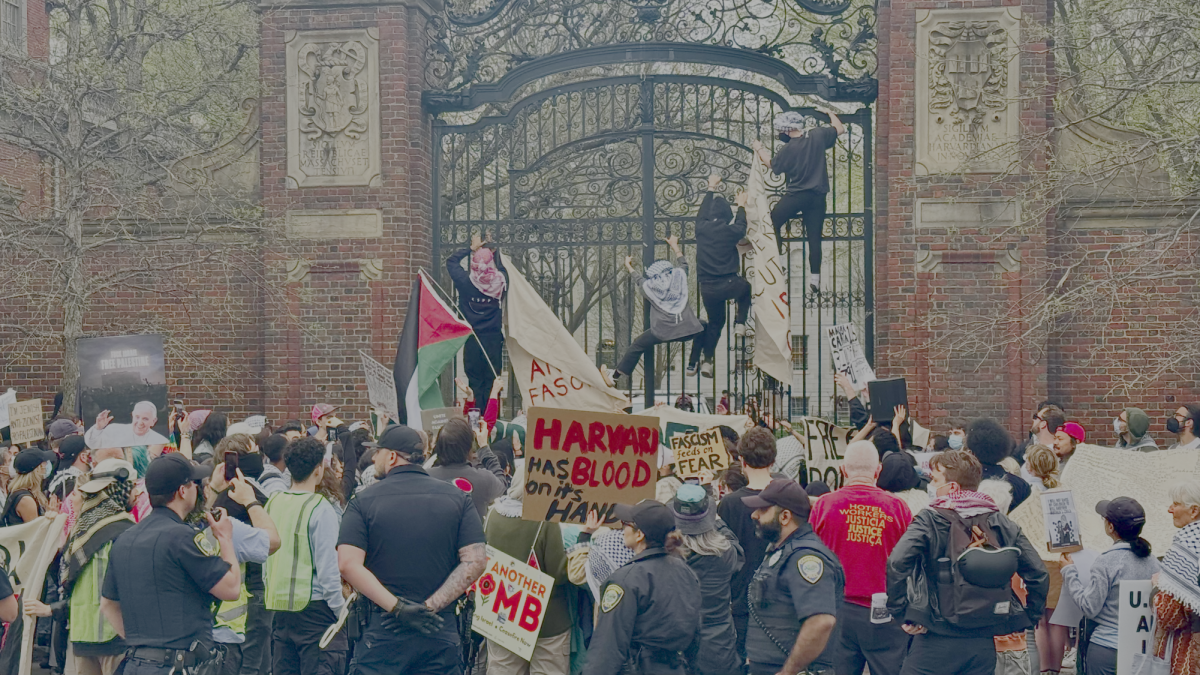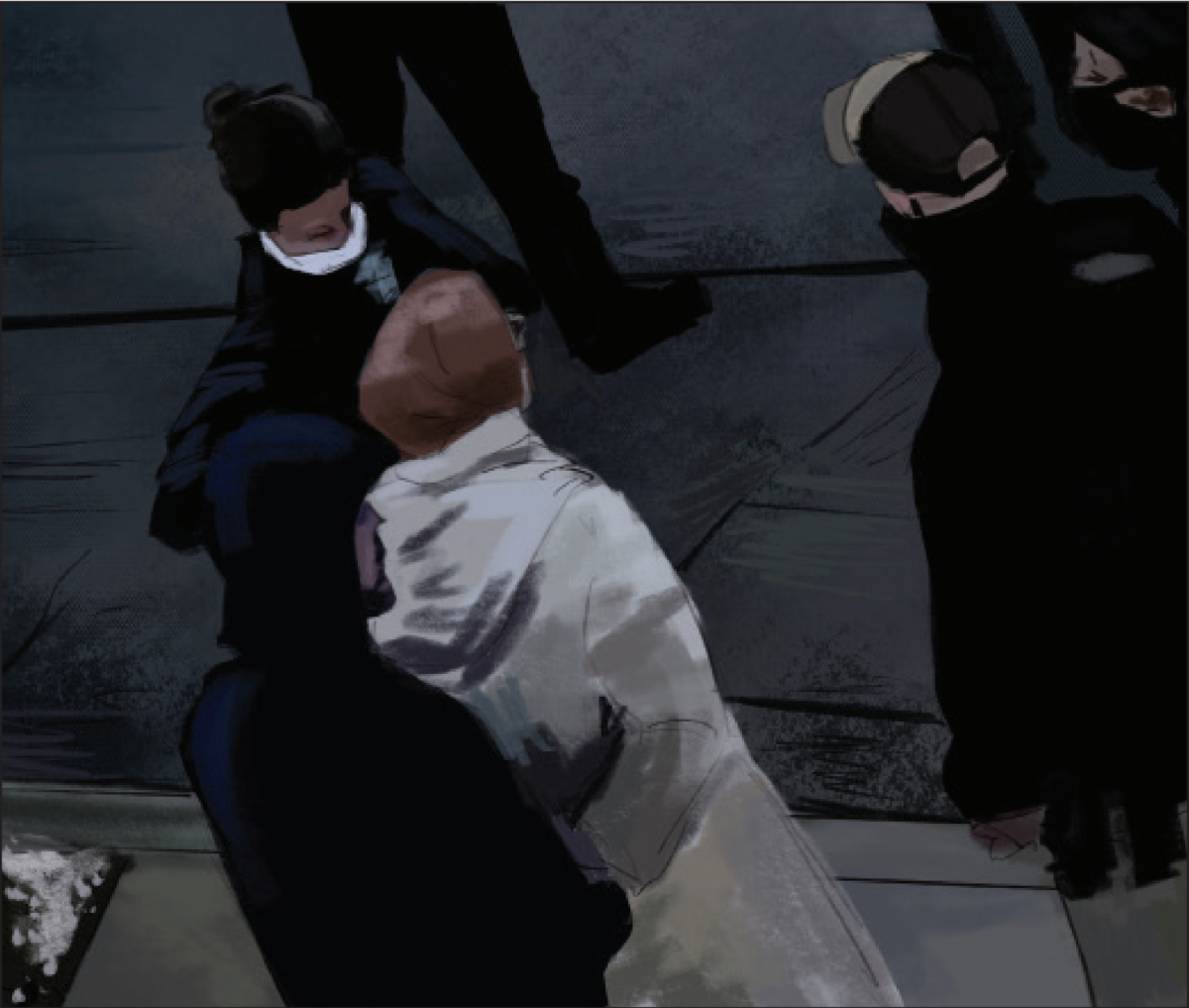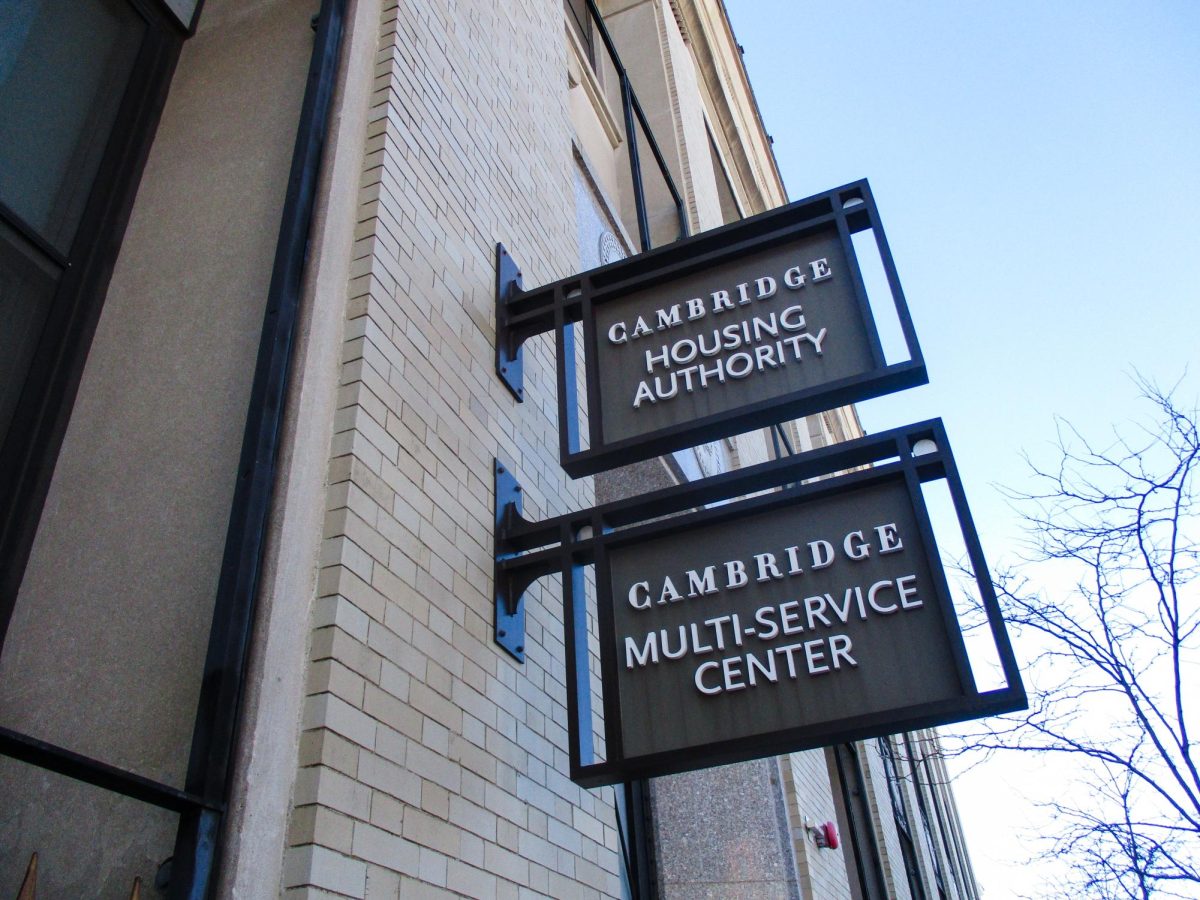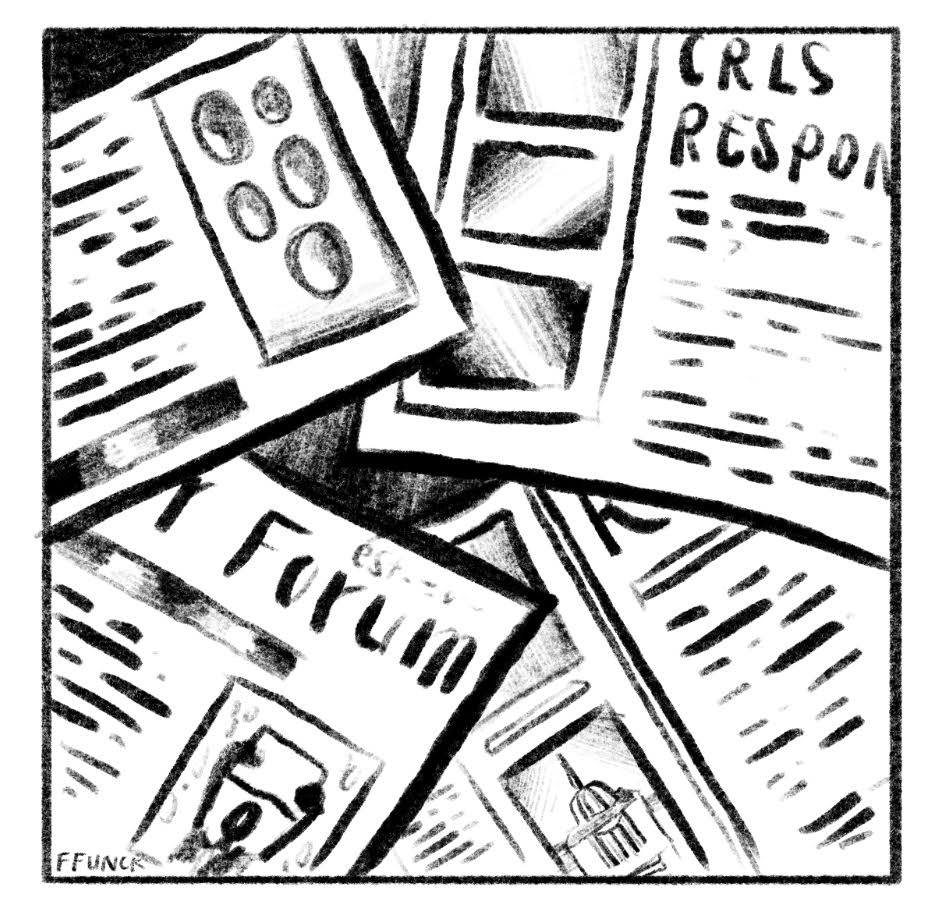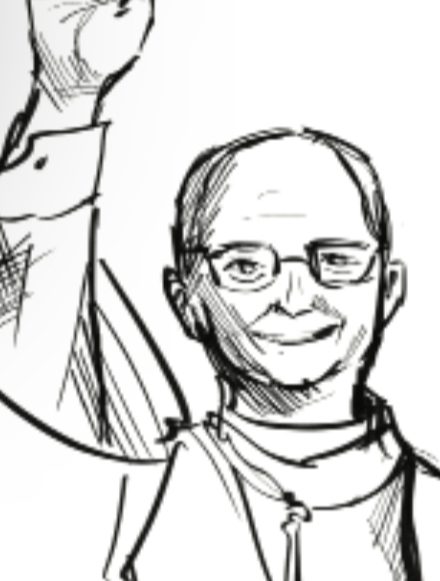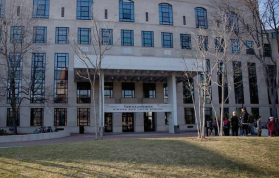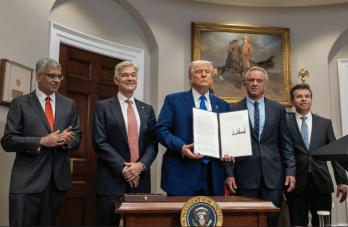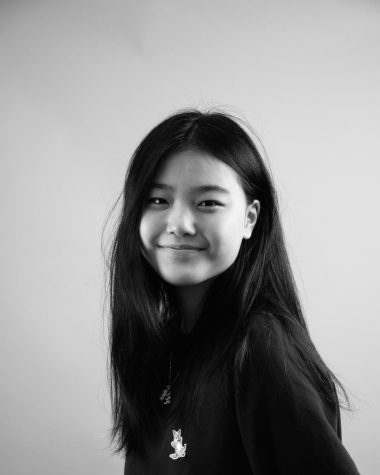On February 16th, the Russian Federal Penitentiary Service announced the death of Alexei Nalvalny. Navalny, one of the most influential and fiery critics of Russian president Vladimir Putin, had been sentenced to 19 years in a maximum security prison on trumped-up charges of extremism and rehabilitation of Nazism, among other allegations. The series of events leading up to his death have sparked questions about who is truly responsible.
While serving his term in prison, Navalny disappeared upon being transferred to “the highest level of isolation from the world,” as stated by Navalny’s chief strategist, Leonid Volkov, on X. Subsequently, Navalny fell unconscious after reporting he was ill while taking a walk. Shortly thereafter, Navalny was announced deceased. His widow, Yulia Navalnaya, was finally handed his body more than a week after his passing. Hundreds of protestors and mourners have been detained across Russia after showing up to protests and his funeral.
These concerns come ahead of Russia’s eighth presidential election. Because of the authoritarian grip that Putin has had on Russia since 1999, Russian elections have been more about election turnout rather than who will actually win. Putin will be running for re-election again thanks to two constitutional amendments made. The first, passed in 2008, changed the term length to six years instead of the previous four and the second, passed in 2021, reset the number of terms, allowing Putin to run for another two consecutive terms, permitting Putin’s hold on power until 2036.
Putin has previously been accused of suppressing the opposition with numerous examples of past opposition leaders being suspiciously shot or poisoned. Boris Nemtsov and his team had been working on a report revealing evidence of Russian interference in Ukraine when he was shot on a bridge near the Kremlin.
While Navalny faced many hardships, he still decided to stay in Russia. His boldness to stay in Russia was the reason why his words held immense weight and why Putin was so afraid of him; he called for people to resist Putin while daring to live it out himself. One incident that nearly cost him his life was his almost fatal poisoning in 2020. Though Putin and the Russian government claimed to have nothing to do with the poisoning, an investigative team and several other governments would later confirm Russian backing of the assassination attempt. As Putin commented on the poisoning at his annual press conference, “If [the security services] really wanted to poison him, they would have, most likely, carried it through.” After recuperating in Germany, Navalny returned, only to be arrested again, prompting the largest protests the country had seen in the past seven years and the largest number of arrests on a single day in the country. Even recently, Navalny’s aide was attacked by a hammer in Lithuania, capping off a sequence of mysterious and questionable events.
Where is the Russian opposition headed? Can Yulia Navalnaya and others take up Navalny’s mantle? The U.S. and other European countries have issued thousands of sanctions, but is that even an appropriate response? For now, the future of Russia looks certain: twelve more years of authoritarian rule under Vladimir Putin.
This article also appears in our print March 2024 edition.

